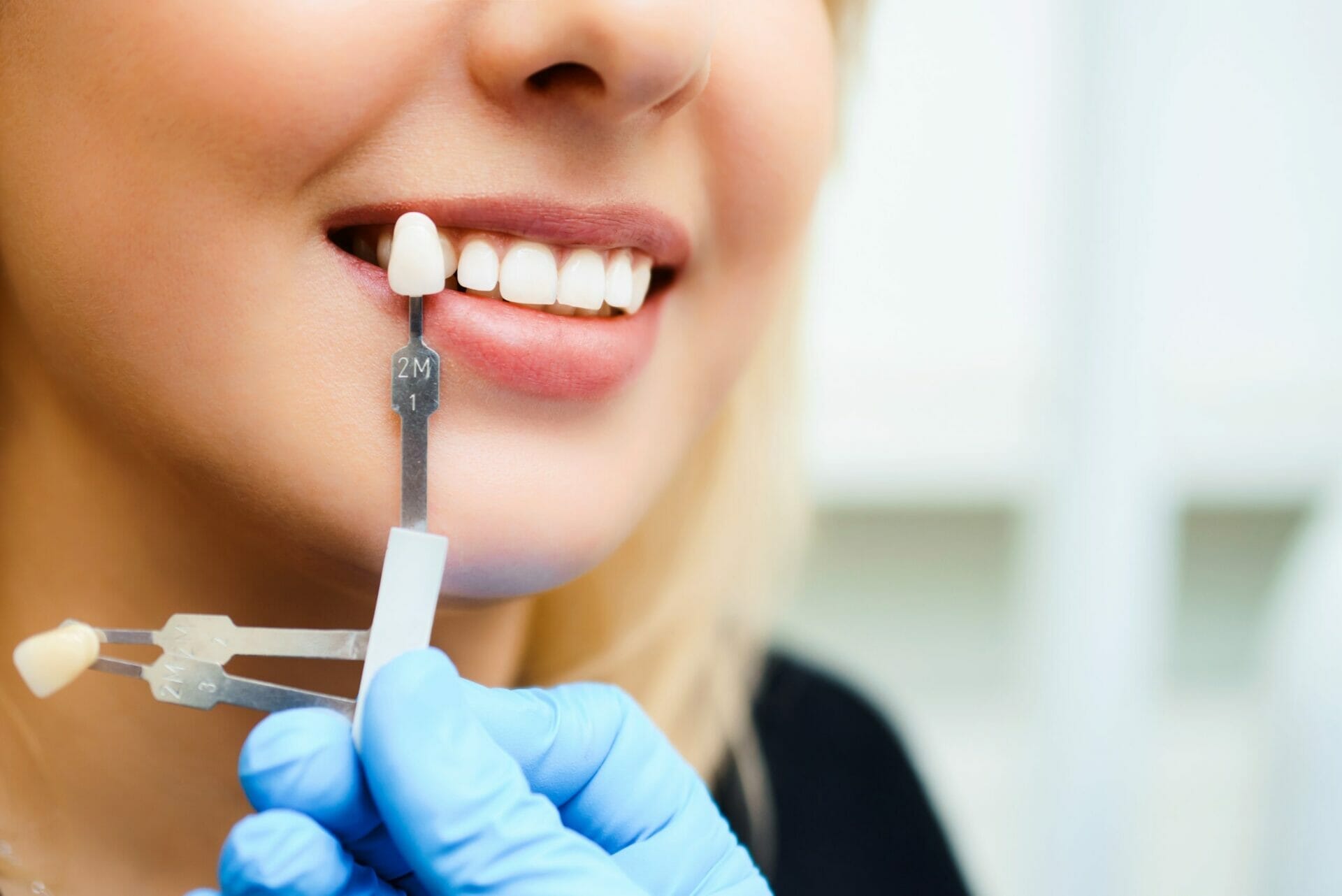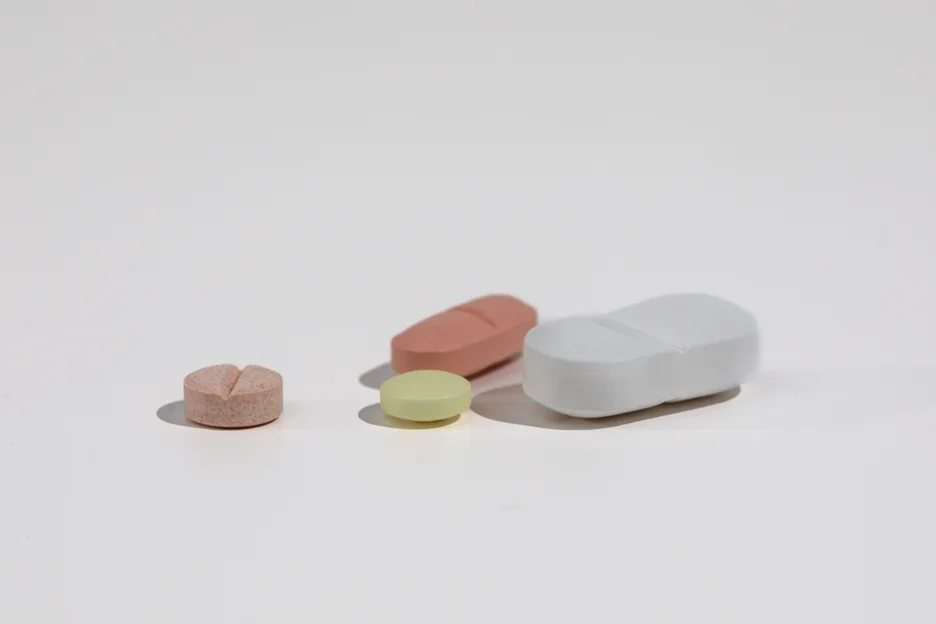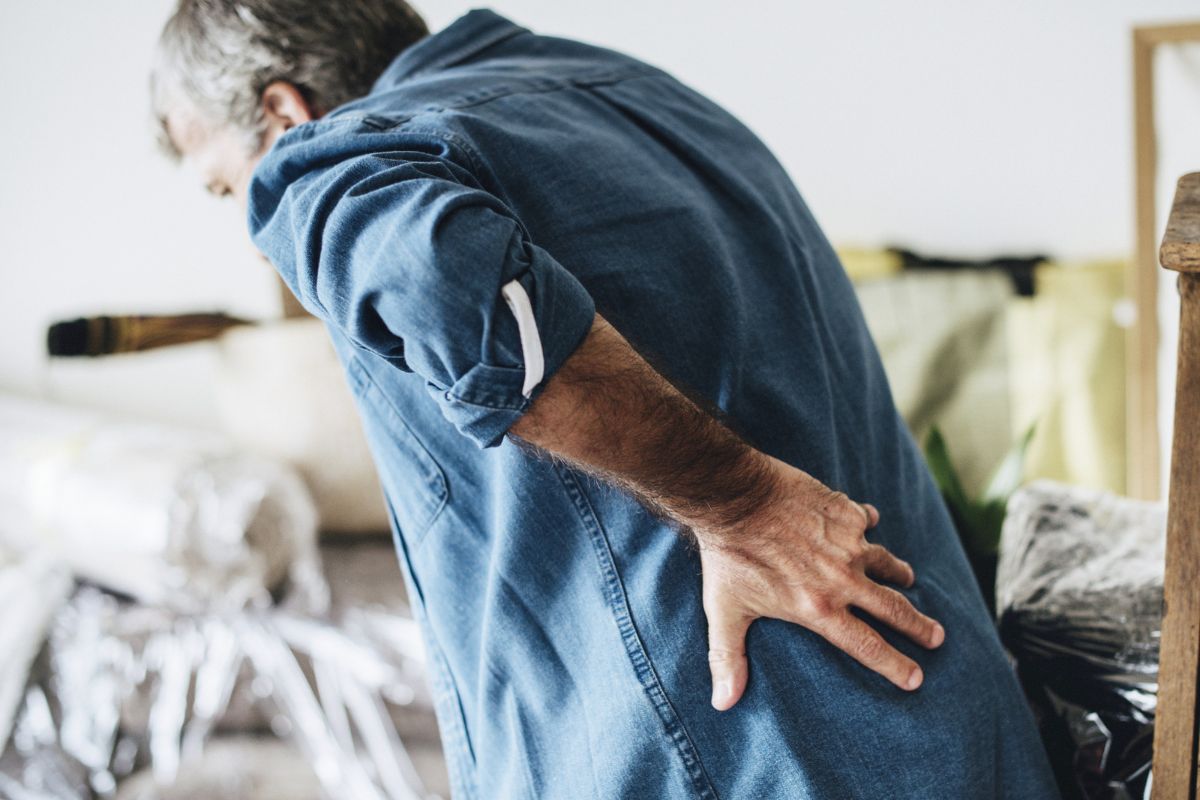After a Dental Filling: What to Do and What Not to Do—Helpful Tips
 Posted On
Posted On
So, you’ve just had a dental filling or two (or perhaps, if you were unlucky, even more than that!). Whilst it’s nowhere near as invasive to fill a tooth as it is to install dental implants, remove wisdom teeth, or [shudders] perform root canal treatment, you should still keep an eye on the inside of your mouth (well, not literally, but you know what we mean). Post-appointment, it’s normal to experience some mild or moderate pain or discomfort. Read on to learn about post-filling aftercare, and when it’s time to return to the dentist for a follow-up appointment.
Swallow your pride, force a grin, and prepare for your tooth to be filled in!
Table of Contents
What if You’re Experiencing Pain Post-Appointment?
Whilst pain can be normal, you should pay attention to the pain triggers. Does it feel painful, for instance, to chew, speak, or just generally move your jaw? If so, it’s possible that the dentist filled in your tooth too much. The filling may be somewhat elevated above the tooth itself. If this is the case, you should return to the dentist at your earliest convenience. It’s important to have the filling smoothed or reshaped to the appropriate height, lest it becomes more vulnerable to cracking. (This can happen despite the best of intentions, so don’t take this as a poor reflection of your dentist’s handiwork. They only have a specific template to work from and they’re only human.)
What if You’re Experiencing Pain in the Adjacent Teeth?
This is likely nothing to worry about and shouldn’t warrant a follow-up appointment. Just like you, your neighbouring teeth are adjusting to the new installation. They’re receiving signals from the newly filled tooth and will settle down in a week or two post-appointment.
What If you Suddenly Have Sensitive Teeth?
This is to be expected, so don’t be alarmed if your teeth suddenly react to food or drink with very hot or very cold temperatures. You may also experience sensitivity when biting down on the filled tooth—and the deeper the filling, the more you’ll likely feel this.
So, how can you manage this newfound sensitivity? For the duration of such increased sensation (which should be no longer than three weeks), switch to toothpaste for sensitive teeth. Avoid food or drink that falls anywhere beyond Goldilocks-like preferences. (Yes, you have a free pass to say that porridge is ‘too hot’ or ‘too cold’. Please eat only what feels ‘just right’.) Chew food on the ‘unfilled’ side of your mouth, if applicable. If the sensitivity still persists beyond the three weeks, it’s time to book a follow-up appointment with your dentist.
What If you Have a Toothache?
If, after your dental filling, you’re still experiencing throbbing or pain (sharp and/or persistent), this could be indicative of a deeper problem—literally. It’s possible the decay extends beyond the tooth’s skeletal surface and deep into its pulp. If this is the root (canal) of the problem, you may require a root canal. Contact your dentist if this is a concern.

What Should You Eat Post-Appointment?
This will vary depending on the kind of filling you have. Composite dental fillings are sturdy, and you could eat immediately after your appointment if you really wanted to. Metallic fillings, on the other hand, are more fragile. You should wait at least 24 hours after the appointment to consume anything solid. In any case, you should probably wait until the local anaesthesia wears off before you eat anything. The inside of your mouth may become rather beaten and bruised, otherwise.
What Shouldn’t You Eat Post-Appointment?
In a nutshell: anything hard, chewy, or sticky. Avoid foods like this for up to a fortnight following the appointment. As discussed earlier, you may also want to avoid anything really hot or cold, if you’re experiencing tooth sensitivity.

What If you Need Some Instant Pain Relief?
Feel free to use paracetamol or ibuprofen (as directed, of course), which are available over the counter at any pharmacy or supermarket.



















